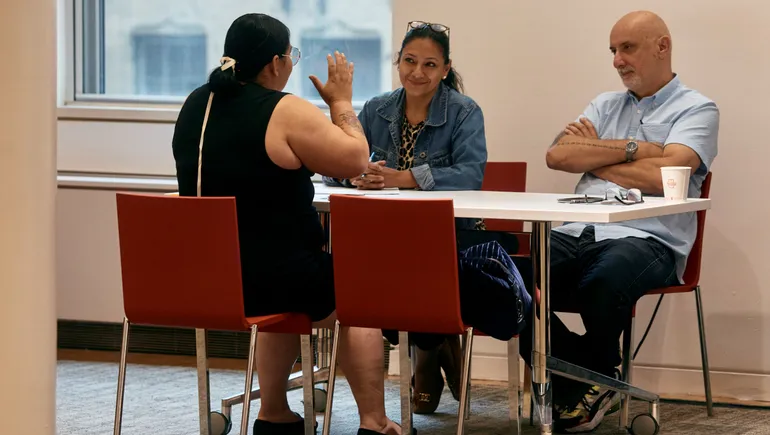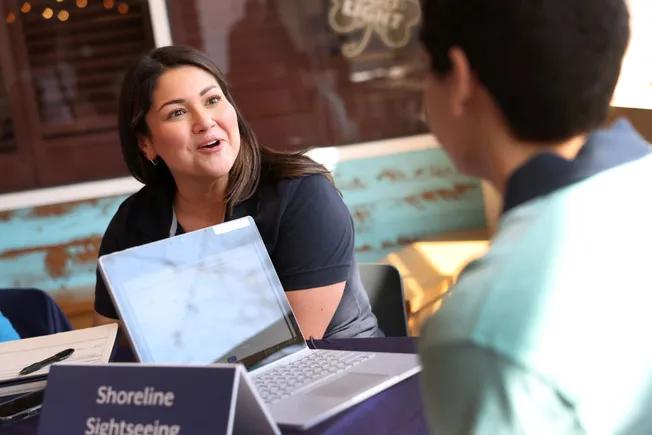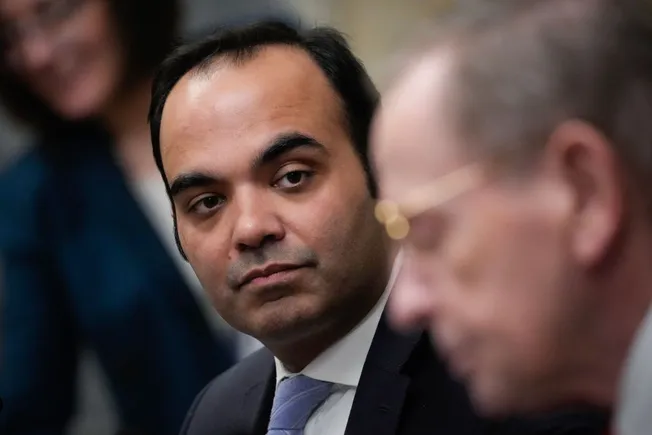Heidi Sirota is no longer eating a major share of her meals in airports. She’s sleeping. She’s exercising regularly.
After retiring from a leadership role in the corporate world earlier this year, she’s now self-employed as a strategic growth advisor for the pet industry.
Heidi Sirota
Permission granted by Heidi Sirota
“I’m kind of moving into that self-directed portion of my life, work that lets me make my own decisions,” Sirota told HR Dive. “I don’t have to compromise on how my expertise or values get applied, because I’m not working under some mandate. I’m working toward my own goals and vision and mission.”
During her interview with HR Dive, Sirota was taking a break from painting a coffee table at a house on the Jersey Shore she and her husband rent out.
“I am doing whatever the heck I want,” she quipped.
In what some are calling their “third act,” retirees like Sirota are taking ownership of the period of their lives after traditional careers and finding ways to continue to use their skills in meaningful ways.
“I think it’s a really exciting time,” Sirota said. She most recently worked as the chief pet officer at Nationwide Pet after a career in various senior-level marketing roles. “Being an executive where you’re traveling a lot takes a toll. It sounds exciting and glamorous, and I knew it took a toll while I was doing it.”
Instead of spending eight to 10 hours traveling to the opposite coast or going out to client dinners, she’s reading more. She’s spending more time with her dog. She’s not wearing makeup unless she needs to.
And she’s being strategic. She’s advising startups, mentoring, coaching, volunteering and participating on boards of directors.
“I just feel like I have a lot of expertise I can share but also don’t want to have the requirement that I work a certain number of hours or that I’m beholden to that kind of schedule,” Sirota said.
She’s planned for this moment for four to five years and recognizes her privilege in being able to retire early.
“As far as I can see, I’ve retired earlier than my friends and my husband. I don’t really have people that I can have a conversation with who are in my situation,” Sirota said. “Hopefully, I’m setting an example.”
B Fulkerson, lead national organizer for Third Act, a progressive organization of people who are 60 years old and older advocating to protect the environment, wants to tap into the skills of retirees and create a shared sense of purpose.
“Our mission is to amass the talent and the resources and the skills and the energy of elder Americans across the country,” they said. “We really want to change that whole zeitgeist, that whole frame of how our culture looks at old people.”
Volunteers participate in protests, postcard campaigns and work to register voters. They join affinity groups based on their careers or regions and take action in support of the organization’s causes.
“There’s something about getting older and rediscovering a sense of purpose, and that is so wild. I had no idea it would be like this,” said Fulkerson, who is 64. “I think [about] just how fortunate we are to have tens of thousands of volunteers who have done so much in their professions and now want to bring those skills and put them to use.”






Leave a Reply